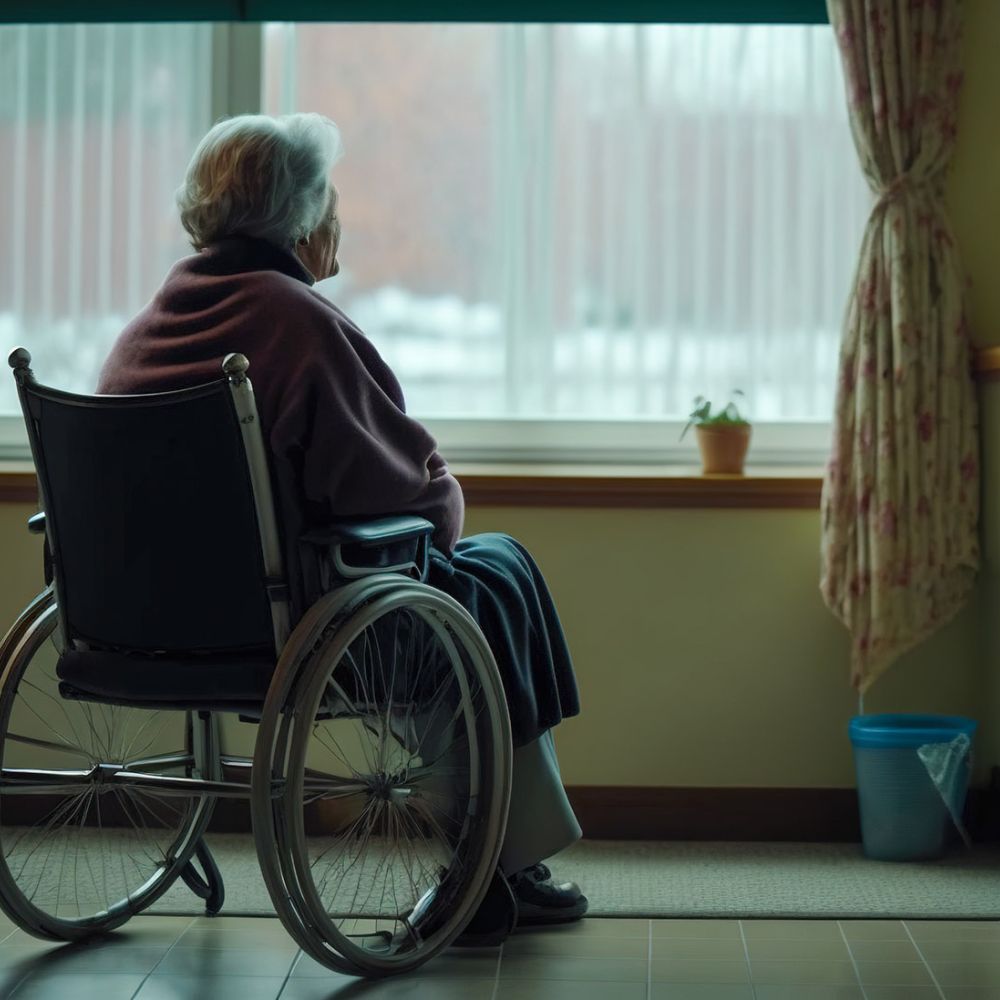
What is Neglect/Self Neglect?
Neglect: failure by a caregiver or other responsible person to protect an elder from harm, or the failure to meet needs for essential medical care, nutrition, hydration, hygiene, clothing, basic activities of daily living or shelter, which results in a serious risk of compromised health and safety. Examples include not providing adequate nutrition, hygiene, clothing, shelter, or access to necessary health care; or failure to prevent exposure to unsafe activities and environments.
Intentional and Unintentional neglect
Intentional neglect is considered when an older person is abandoned, not provided with adequate food, clothing, shelter, medical attention or dental care. Neglect may be the improper use of medication, poor hygiene or personal care or the refusal to allow other people to provide adequate care.
Unintentional neglect occurs when a caregiver does not have the skills or knowledge to care for a dependent person. They may not be aware of the types of support that are available, they may be ill themselves and unable to provide care.
Examples include:
Inadequate food and drink, which may result in; malnutrition, weight loss, wasting and dehydration. The person may have constipation or fecal impaction.
Isolation, lack of mental, physical, social or cultural contact/stimulation.
Inadequate supervision particularly when caring for someone with a dementia, the person is abandoned or left unattended for long periods or locked in the house without any supervision.
Inadequate or inappropriate use of medication, for instance, the person may be over-sedated in the middle of the day.
Unmet physical needs such as decaying teeth or overgrown nails.
The person may not be provided with necessary aids such as spectacles, dentures, hearing aids or a walking frame.
Clothing may be in poor repair or inadequate for the season.
Poor hygiene or inadequate skin care. The older person may be very dirty, smell strongly of urine or be infested with lice.
There may be a urine rash with abrasions and chafing.
In some cases when a person is immobile, they may develop pressure areas over the pelvis, hips, heels or elbows.
Hypothermia, recent colds, bronchitis or pneumonia.

If you need help
Visit One Place Family Justice Center at 530 S. Lawrence Street, Montgomery, Alabama or call 334.262.7378 or if you are in immediate danger Call 911.
